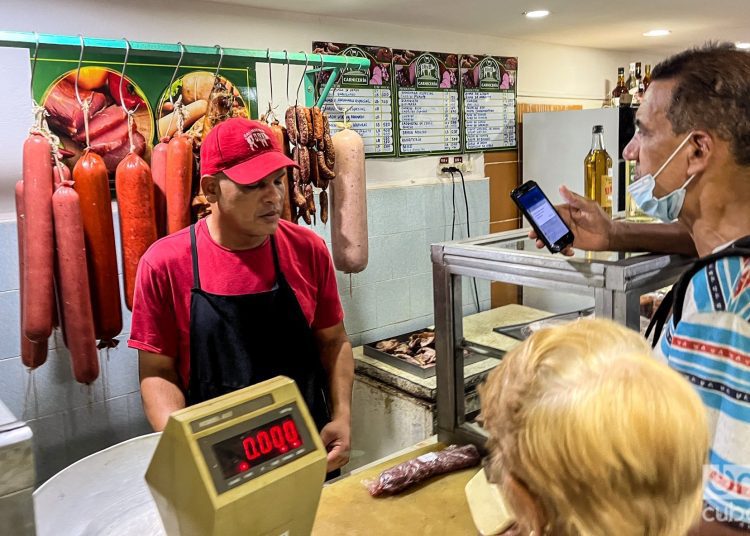The almost 9,000 private MSMEs in Cuba employ some 260,000 people, according to official data.
The figure is less than the 1.4 million workers employed by state enterprises on the island, but it is still significant in the current socioeconomic context of the island.
Until the end of September, two years after the first approvals by the Ministry of Economy and Planning (MEP), 8,964 private MSMEs had been authorized in the 15 provinces and in 167 of the 168 municipalities of the country, according to data published by the Cubadebate website.
Only the municipality of Bolivia, in Ciego de Ávila, does not have any.
Of these new economic actors, 55% are newly created, while 45% are the result of conversions of businesses that already operated with a self-employment license or as non-agricultural cooperatives.
Contrary to the social perception that MSMEs are mainly dedicated to the sale of imported products, MEP data indicates that their “main activities” are gastronomy, construction, manufacturing industries and the industrial production of food and beverages.
Only in fifth place is the marketing of goods, whether national or imported products, according to the official media, which does not offer figures in this regard.
Regarding the greater visibility of these latter MSMEs, Cubadebate considers that the nature of their activity, which “involves a process of direct exchange with the population,” is what makes this type of business most “visible.”
Furthermore, it adds that it is not only MSMEs dedicated to commercial activity but also other economic actors such as self-employed workers.
Likewise, the publication takes up an argument that has already been put forward by quite a few experts: “in order for there to be more production MSMEs, a national policy for the promotion and development of small businesses should design a system of incentives that stimulate them above other economic activities.”
“Without falling into the trap of demonizing commercialization, a legitimate and necessary activity within value chains that is partly solving the consumption of a segment of the market, it is necessary to encourage production with economic and financial mechanisms,” the text insists.
For now, according to data shared by Cubadebate, the private and cooperative sector to which MSMEs belong represents up to 13% of Cuba’s GDP, barely 8% of imports and “a tiny portion” of exports.
In its analysis, the official media highlights that “the emergence of the thousands of MSMEs that exist today has not meant in any case the privatization of state assets.”
It also calls for overcoming “the antagonistic discussion of state-owned enterprises versus private enterprises and moving on to the discussion of how to generate more productive chains,” while recognizing that the benefits of these economic actors “should not be ignored through generalizations and prejudices based on anecdotes or without data backup.”
However, in its defense of MSMEs, the publication states that, with only two years of existence, these enterprises are still “in their embryonic state” and that it is “logical” that “in a complicated macroeconomic environment” there be “distortions and problems to correct.”
Such a position aligns with recent statements by Cuban authorities who have announced that a “review and update” of the legal regulations that govern the operation of the new economic actors is underway.
Days ago, in a televised interview, President Díaz-Canel defended the existence of MSMEs in Cuba but noted that it is necessary to correct “distortions” in their implementation.
The president pointed out that these private enterprises not only import finished products but also raw materials to produce on the island, although he acknowledged that there have been “deviations” in the operation of some, taking advantage of circumstances generated by the economic crisis and the insufficient exchange market.










